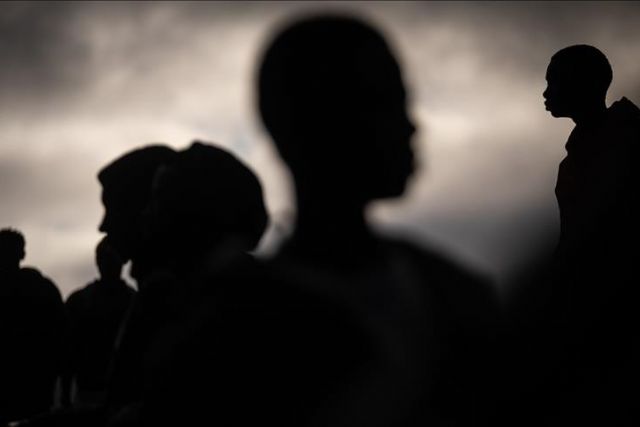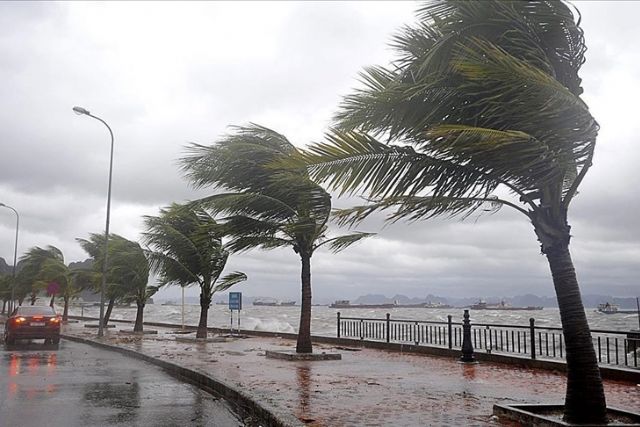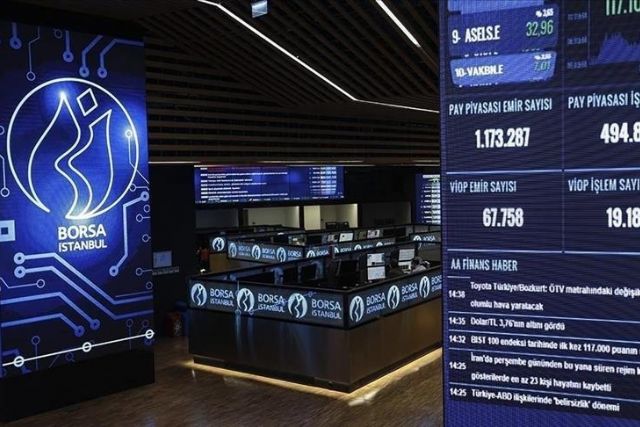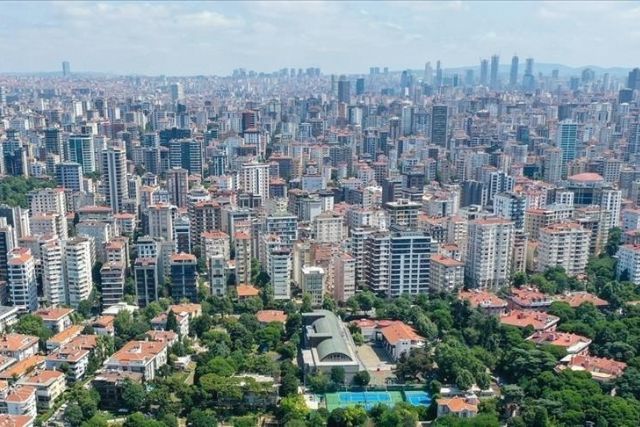Returning irregular migrants to 'unsafe' country is crime: Top Italian court rules
Court of Cassation announces verdict in case of Italian ship, which rescued 101 irregular migrants in Mediterranean Sea in July 2018 and turned them over to Libyan authorities

ROME
A top court in Italy ruled that returning irregular migrants to a country not safe is a "crime" and sentenced an Italian ship captain to one year in prison for rescuing irregular migrants from Libya in the central Mediterranean and handing them over to the Libyan coastguard.
The Court of Cassation ruled that handing over irregular migrants to Libyan coastguards in 2018 was a crime, local media reported on Saturday.
The court announced the verdict in the case of the Italian ship Asso 28, which rescued 101 irregular migrants at sea 57 kilometers (34 miles) off the Libyan coast in July 2018 and turned them over to Libyan authorities, the daily La Repubblica reported.
Sending irregular migrants back to Libya, which is not a safe country according to the European Convention on Human Rights, is a crime, the daily explained.
The court ruled that returning the migrants to Libya violated their right to international protection.
Giovanni Sotgiu, captain of Asso 28, a private company, was sentenced to one year in prison.
Though human rights groups welcomed the decision, local media reports that this verdict may undermine the efforts of Prime Minister Giorgia Meloni-led right-wing coalition government.
The Mediterranean Sea is a major route for irregular migration to Europe.
Migrants' boats in distress seeking help are usually rescued by European non-governmental organizations instead of European authorities.
Those organizations started struggling in their activities in 2023 due to the latest regulations in Italy.
Irregular migrants who reach Europe usually first land on Lampedusa, the Italian territory close to North Africa.
A large number of irregular migrants die every year crossing the Mediterranean, either because their boat capsizes or as a result of harsh conditions on the journey, such as dehydration or asphyxiation.
*Writing by Nur Asena Erturk in Ankara





